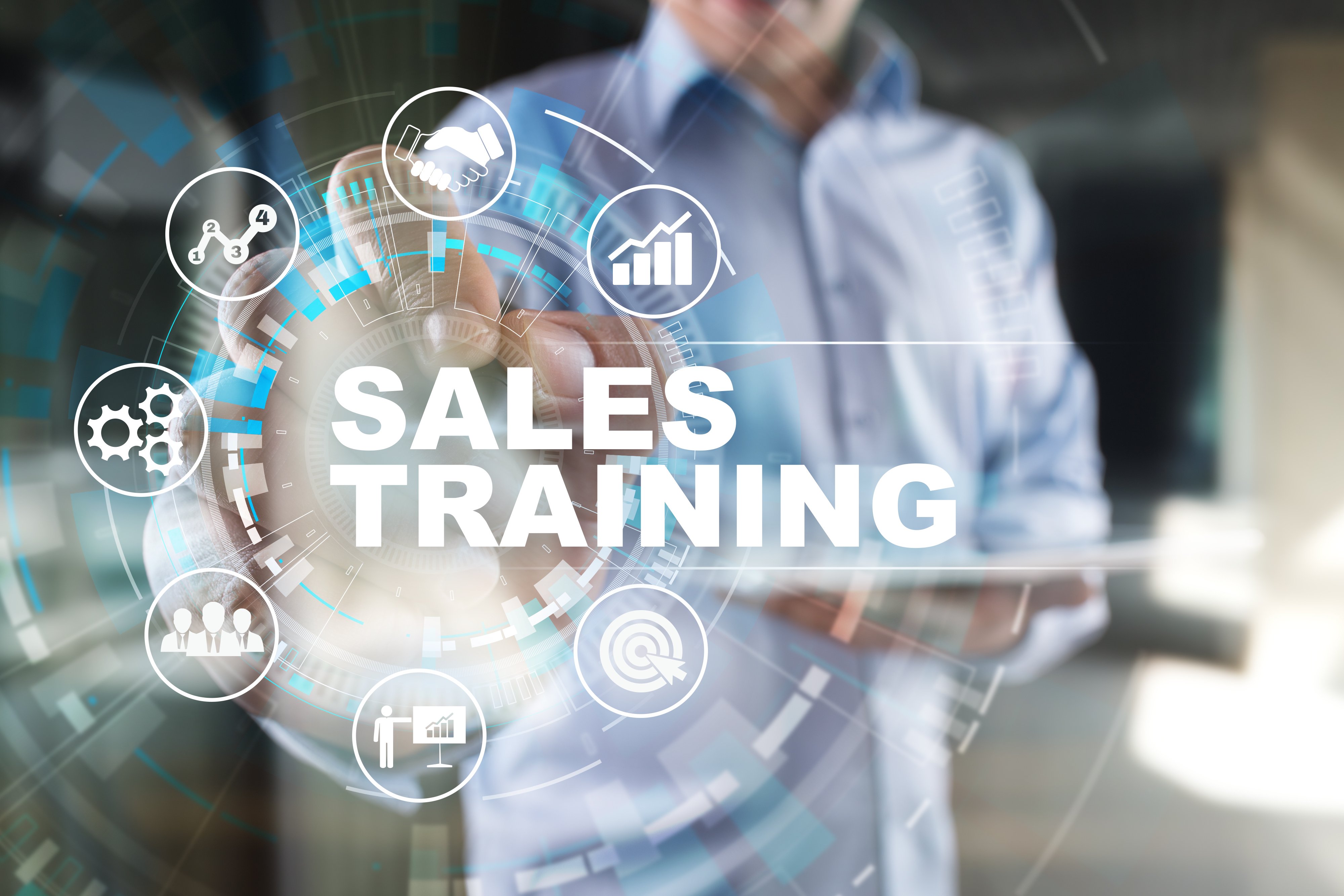PRIME+ Selling System Blog

Training Comparison: General vs Bev Industry Specific
Not everyone is a natural-born salesperson, and even those with a natural affinity for sales can benefit from formal sales training. Generalized training can provide sales staff with practice and polish. In contrast, industry-specific sales training can ensure your staff has a masterful command of product lines, company sales tactics, and relevant regulatory requirements.
While studies on the efficacy of sales training are scant (given most companies won't release internal sales data), traditional sales programs have found their effectiveness questioned by industry experts and scholars alike. Some research even contends that sales staff forget 80 percent of what they've learned within 90 days.
However, many sales managers have shifted to training models that provide self-study options, incorporate trends tools like gamification and AI, and offer ongoing coaching from experienced managers. When business sales training programs work, companies enjoy higher productivity and profits and lower turnover among sales staff.
Sales positions tend to have higher turnover rates than many other positions, which can increase labor costs and hurt relationships with existing customers. Keeping sales staff informed and engaged can help bolster their motivation, improve their performance, and retain them with the company longer.
Industry Specific Sales Training
While general sales programs cover the mechanics of selling and cover the product line to be sold, many businesses also benefit from providing industry-specific training. Some industries are highly regulated, involve complex products, or enjoy long purchase cycles. Some markets involve products whose features evolve rapidly, while others are saturated with substitute products. In these cases, sales staff must receive ongoing industry-specific training and support to keep on top of changing market dynamics.
Further, sales staff must thoroughly understand their employer's sales operation and expectations. They should understand the fundamentals of how to prospect for leads, identify prospects' pain points, develop tailored pitches, hold successful on-site visits, and manage relationships, as well as the specific KPIs on which their performance will be measured.
Alcohol Beverage Industry Sales Training
Frontline alcohol beverage sales staff rely on ongoing training to hit sales targets and achieve other KPIs. The alcohol industry is filled with beverages that vary by price, style, taste, and brand, all of which sales staff must have expert knowledge. A salesperson should know their product line from end-to-end, everything from a value craft beer to a super-premium cider. They should also understand the appeal and sales approach of competing brands in each category to position their product at the top.
It's also critical that sales staff have a thorough understanding of various laws and ordinances that impact alcohol distribution. Since Prohibition, the U.S. has left alcohol regulation up to the states, resulting in a patchwork of esoteric and often outdated laws that places limits on how alcohol may be distributed.
Approximately one-quarter of the population lives in states that maintain some level of monopolistic control over alcohol distribution. Sales staff with multi-state territories may need radically different sales approaches once they cross the state line. Therefore, sales staff need a thorough grounding in all applicable laws and receive additional training and education on any new related legal developments.
Implementing a Stronger Sales Training Curriculum
To ensure the most successful alcohol beverage industry sales training possible, businesses should employ experts that understand sales and customer pain points, are versed in applicable regulations, and have proven sales track records. As with any sales process, understanding customers is critical to making the sale, so your training should be led by those who have a deep familiarity with your target segment. To avoid low sales material retention, training sessions should be filled with practical industry-specific insights a salesperson can apply immediately to their prospect and customer lists.
Your alcohol beverage industry sales training should also be continuous and current. New brands emerge every day, and consumer preferences shift rapidly based on as little as an influencer's shoutout. Moreover, state legislatures, alcohol control boards, beverage industry trade groups continually seek to tweak or overhaul laws that can have an outsized impact on alcohol sales strategies and distribution efforts. And given that sales staff may be working remotely and be out in the field for substantial periods, businesses must provide engaging training opportunities that allow their staff to connect wherever they are.
If you're looking for more information about general or industry-specific sales training, click here to learn more.
.png?width=820&height=312&name=learning%20evolution%20(1).png)
